October 2, 2017
Time to start a new culture to tackle stigma on mental wellbeing issues in the workplace
 As a recent Workplace Insight story reported, UK workers are still uncomfortable about having honest conversations at work, with nearly two thirds (61 percent) feel they keep an aspect of their lives hidden in the workplace. Family difficulties (46 percent) was the most likely hidden issue at work, followed by mental health (31 percent). Talking about mental wellbeing worries to employers can be very distressing for individuals and not only make a person’s condition worse, but also, leave their career in a worse place according to our latest thought leadership research report: Mind Culture. Our latest research study shows that more than half (51 percent) of survey respondents who had confided in their line manager about a mental health issue did not receive any extra support. Even worse, 8 percent respondents faced negative consequences, including being sacked or forced out, demoted or subjected to disciplinary action.
As a recent Workplace Insight story reported, UK workers are still uncomfortable about having honest conversations at work, with nearly two thirds (61 percent) feel they keep an aspect of their lives hidden in the workplace. Family difficulties (46 percent) was the most likely hidden issue at work, followed by mental health (31 percent). Talking about mental wellbeing worries to employers can be very distressing for individuals and not only make a person’s condition worse, but also, leave their career in a worse place according to our latest thought leadership research report: Mind Culture. Our latest research study shows that more than half (51 percent) of survey respondents who had confided in their line manager about a mental health issue did not receive any extra support. Even worse, 8 percent respondents faced negative consequences, including being sacked or forced out, demoted or subjected to disciplinary action.








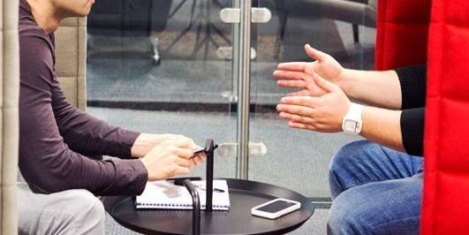
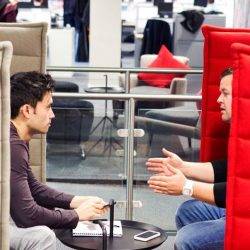




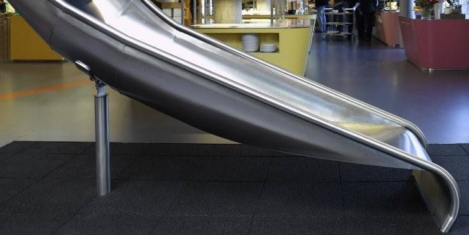
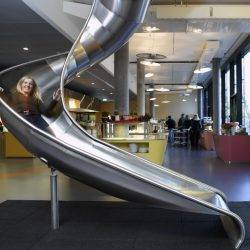

 Poor health is one of the biggest factors causing people to leave work earlier than they would like to; yet poor health isn’t an inevitable part of ageing. We know that health conditions can become more likely as we get older. While some health conditions are not any more likely the older you get, others certainly are. Musculoskeletal conditions (affecting joints, bones and muscles) and heart and circulatory conditions increases significantly as we age. The fact that 14 percent of all 50-64 year olds have a musculoskeletal condition, and that musculoskeletal conditions alone account for 30 million days of sickness absence each year, is significant. People are by impacted by health conditions in different ways, and you can have a dramatically different outcome depending on how early you spot and take action to address a health issue at work. Sometimes slow-onset physical conditions such as musculoskeletal conditions, might start off mildly, but gradually lead to a painful exit from work. Because they change slowly they are more difficult to identify and there isn’t always a clear trigger point to do something about them.
Poor health is one of the biggest factors causing people to leave work earlier than they would like to; yet poor health isn’t an inevitable part of ageing. We know that health conditions can become more likely as we get older. While some health conditions are not any more likely the older you get, others certainly are. Musculoskeletal conditions (affecting joints, bones and muscles) and heart and circulatory conditions increases significantly as we age. The fact that 14 percent of all 50-64 year olds have a musculoskeletal condition, and that musculoskeletal conditions alone account for 30 million days of sickness absence each year, is significant. People are by impacted by health conditions in different ways, and you can have a dramatically different outcome depending on how early you spot and take action to address a health issue at work. Sometimes slow-onset physical conditions such as musculoskeletal conditions, might start off mildly, but gradually lead to a painful exit from work. Because they change slowly they are more difficult to identify and there isn’t always a clear trigger point to do something about them.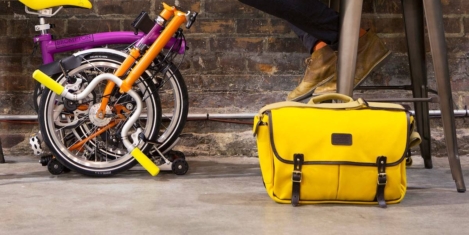



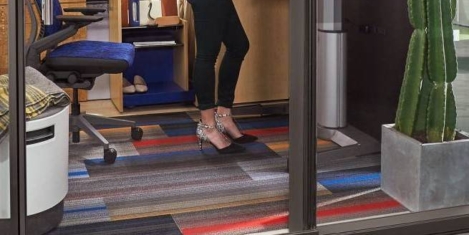
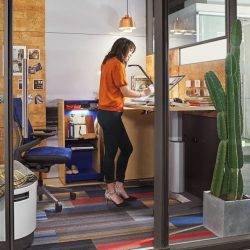








October 4, 2017
Convergence of work and life defines September London workplace design shows
by Paul Goodchild • Comment, Events, Flexible working, Furniture, Workplace design
(more…)